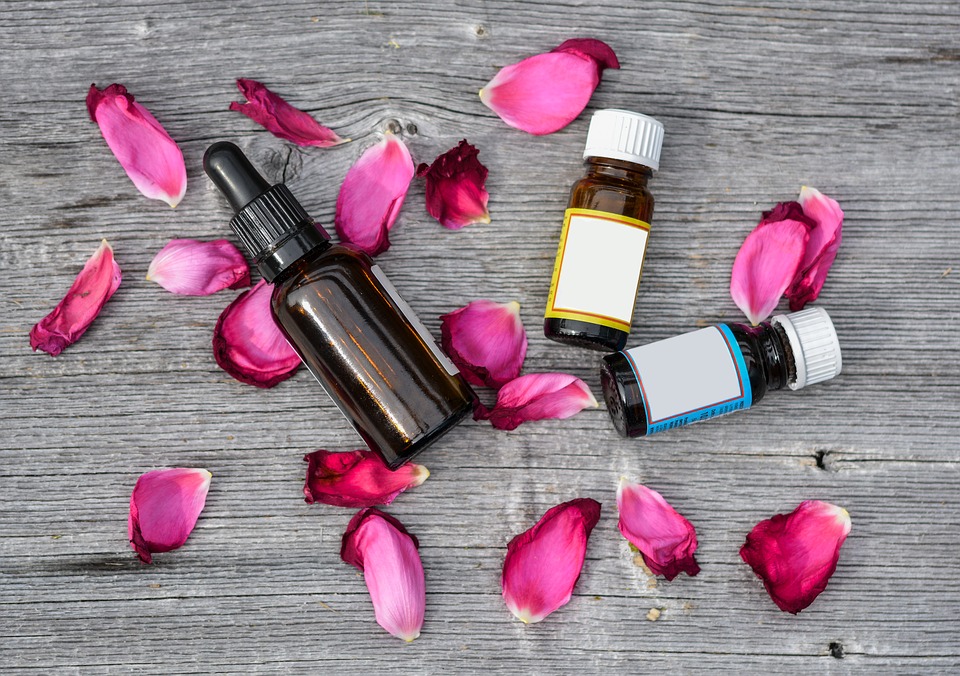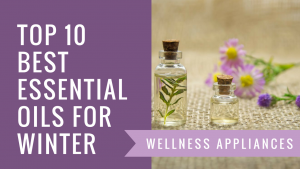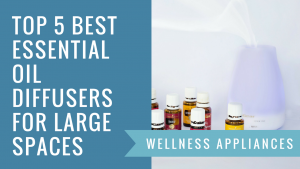Contents
Most of us have smelt roses at some point, which means that you have smelt an essential oil already. An essential oil is a naturally occurring compound that is found in seeds, bark, stems, roots, flowers and other parts of a plant.
These are the oils that give plants their smell, while protecting the plant and helping with pollination at the same time. For humans, essential oils are often used in food preparation, beauty and healthcare.
To get a little more specific, the compounds that make up essential oils are organic molecules that change state quickly, making them volatile. This is why when you open a bottle, the smell will hit you immediately even at a distance.

What are Essential Oils?
Plants have oils, but how do you get them out, you wonder. How do we get corn oil from corn, fish oil from fish, flax oil from beautiful blue flax flowers that grow wild everywhere? How is beer made? For beer, a grain, usually corn, hops, water, and sugar is distilled until what you drink makes you pleasantly intoxicated or obnoxiously drunk. Enough of 7th grade science.
Essential oils are the concentrated chemicals found in plants. They have been used for thousands of years by the cultures of Asia, Egypt, and India, to name only a few. The Native Americans used roots, herbs, and plants in their medicine. You are using the essence of Mother Nature’s plant world with essential oils. Considered the life-giver in just about every culture, water is included in all manner of spiritual and religious ceremonies to cleanse the skin and replenish the mind. Get your body systems flowing and working in harmony, and your body will work more efficiently afterwards.
If you are just getting into essential oils, you may wish to read our 101 For Beginners article , or look through our favorite books on essential oils
Do Essential Oils Work
Yes, Essential oils are used by many medical professionals today.
People use essential oils for aromatherapy thanks to the smell, which will help you maintain a healthy mind and body. In fact, these essential oils are just overflowing with benefits.
Around 3000 types of these aromatic compounds have been identified to date. However, the actual composition of any essential oil is dependent upon variables like time of day, season, location and weather.
Essential Oil Methods of Extraction
There are many different methods for extracting oils – some modern, others traditional. One method is not necessarily better than the other; they are only advantageous in different ways. That’s why it is important to take into consideration all of the possible methods of extracting oils.
Steam Distillation of Essential Oils
Steam distillation is an older method of oil extraction, having been around for hundreds of years. It is an extremely popular method, as it is one of the more cost-effective ones.
Steam distillation allows separation between temperature-sensitive materials, usually used for essential oil distillation. To extract oil through distillation, one must first harvest the plant at the perfect time and then load it into an extraction chamber.
Steam that is at the perfect temperature and pressure for the specific plant will be used to rupture the oil membranes in it. From there, it is liquified and vaporized, making the lighter oils float to the top and leaving you with a distinct accessibility to the essential oils.
It is not necessarily a difficult method, but there are many factors that need to be taken into account when extracting oils using traditional steam distillation. That is why it is important to have somebody who is an expert in this domain help you distill the oils.
Water/Simple Distillation
Similar to the traditional steam distillation, the plant must also be loaded into an extraction chamber. However, from there, the chamber is filled with water.
The water is then heated so that the molecules can be released and the oil molecule/water vapor rises, moving along to the condenser where they will be separated.
This method is similar to the traditional steam distillation, but it works better for certain plants such as nutmeg and cloves.
Hydro Diffusion
Hydro diffusion is a type of steam diffusion. The main difference between hydro diffusion and traditional steam diffusion is that the steam is introduced to the plant from the top, rather than the bottom.
There is a grill at the bottom of the chamber, which allows the condensation to occur directly in the same location. This allows for less steam, less time and more oil to be produced.
Hydro Distillation
During hydro distillation, the secretion of the plants is put into boiling water in a chamber, which is injected with steam. This secretion or resin will then be released into the stream in gas form, carried to the condenser and cooled to a liquified form.
Finally, they can be carried to a separator, in which the oil will separate towards the top of the water.
Cohobation / Water Distillation
This method must specifically be used for rose oils, since parts of the oil dissolve into the water. To get a complete oil, you must distill the parts that dissolve into the water and add them back into the oil, which will naturally separate from the water.
The original incomplete oil, paired with the parts that were missing, will form a complete rose oil.
Combination Water and Steam Distillation
This method takes parts from both water and steam distillation, as the plant is immersed in heated water and a live stream is fed into the mixture.



